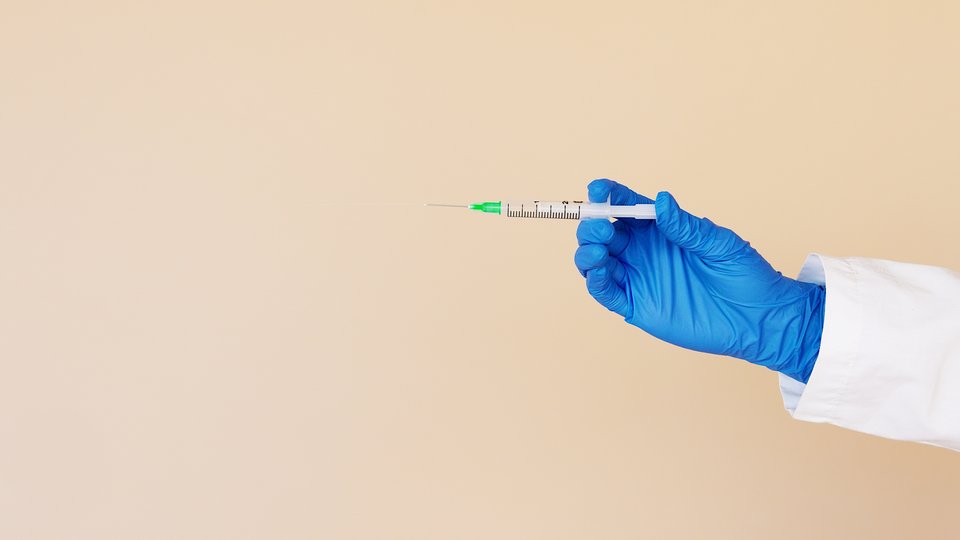The Dutch are in favour of the introduction of a vaccination certificate as a reward
For us to be able to get Covid-19 under control, approximately 70% of the Dutch population would need to be vaccinated. There is considerable support among the Dutch population for the introduction of a vaccination certificate to encourage people to have themselves vaccinated. A vaccination certificate would offer people who have been vaccinated more freedom, for example to keep up their usual activities during an outbreak or to attend events at which maintaining a distance of 1.5m between people is not possible. This has become apparent from representative research among 1,640 Dutch people that was conducted by researchers from TU Delft, Erasmus University Rotterdam, RIVM, Maastricht University and Roskilde University.
The main results will be available on www.tudelft.nl/vaccinatiebeleid from 18 December.
Vaccination certificate is popular
In a choice experiment, respondents rated nine policy options the government could take to increase vaccination uptake, for example rewarding people who have been vaccinated or imposing restrictions on people who opt not to be vaccinated. “Two ‘vaccination certificate light’ variants were very popular,” says Niek Mouter, researcher at TU Delft. “Seventy-three per cent of the respondents were in favour of the option in which people who have been vaccinated are issued a vaccination certificate they can use to ensure access to certain places (such as shops, catering establishments, nursing homes, gyms and public transport) during an outbreak of coronavirus in their region. People who are not vaccinated will be refused access during an outbreak. There was also considerable support for a vaccination certificate that would allow people who have been vaccinated to go to places where larger numbers of people converge and where maintaining a distance of 1.5m between people is not possible (such as concerts, festivals, sports games and other events involving large numbers of people). In this case, too, people who are not vaccinated will be refused access. Seventy-one percent of the respondents would recommend this variant to the government.”
Light
“We call these two variants ‘vaccination certificate light’ because the measure only becomes applicable once all of the Dutch population have had the opportunity to be vaccinated. This would most probably be during the summer sometime,” Mouter explains. “What’s more, the first variant of the vaccination certificate will only apply to an outbreak of coronavirus in a region, and the second variant only to large events such as concerts, festivals and sports games.”
Acceptable form of government intervention
There are various reasons why respondents find a ‘vaccination certificate light’ an attractive option. “They perceive the vaccination certificate to be a form of reward for socially good behaviour and they consider reward to be preferable to punishment. Moreover, the vaccination certificate might ensure that economic activity can continue during an outbreak, and this choice of policy also respects people’s freedom of choice as to being vaccinated or not. In other words, as a form of government intervention, the participants found the vaccination certificate to be acceptable and proportional. The disadvantages to people who are not vaccinated are limited and the advantages to society are large if it helps keep social and economic activities going,” says Mouter.
A fact he emphasises is that the choice experiment also shows that these policy options become undesirable once the cost of introducing them become higher than 300 euros per household and if the policy options do not have an effect on reducing mortality or the number of households suffering a loss of income. What has also become clear is that those members of the Dutch population who know that they will accept the Covid-19 vaccine are far more positive about the introduction of a vaccination certificate than those who already know that they will not have themselves vaccinated.
The research also shows that 56% of the respondents consider it reasonable that people who have themselves vaccinated enjoy more freedoms than people who do not accept the vaccine, while 21% of the respondents disagree. Additionally, 50% of the respondents oppose mandatory vaccination while 28% are in favour of it. Policy options that impose financial sanctions on people who do not have themselves vaccinated, such as higher health insurance premiums or having them pay for mandatory tests during a regional outbreak, are less popular. However, people who indicate they will definitely accept the vaccine and people who consider themselves to be at high risk of ending up in hospital if they were to contract coronavirus are in favour of more drastic measures like these. With regard to encouraging vaccination, the Dutch have a clear preference for encouragement above punishment, and for facilitating vaccination rather than making it mandatory.
Points of reference for policymakers
“It is important that we investigate these preferences now already, as the first vaccines will be available soon. If the government does consider a vaccination certificate to be desirable, it can initiate its elaboration and the preparations for its implementation by, for example, further investigating the legal feasibility, and mapping out the introduction costs and effectivity. Our research offers policymakers points of reference they can use to tackle these matters swiftly,” Mouter concludes.


